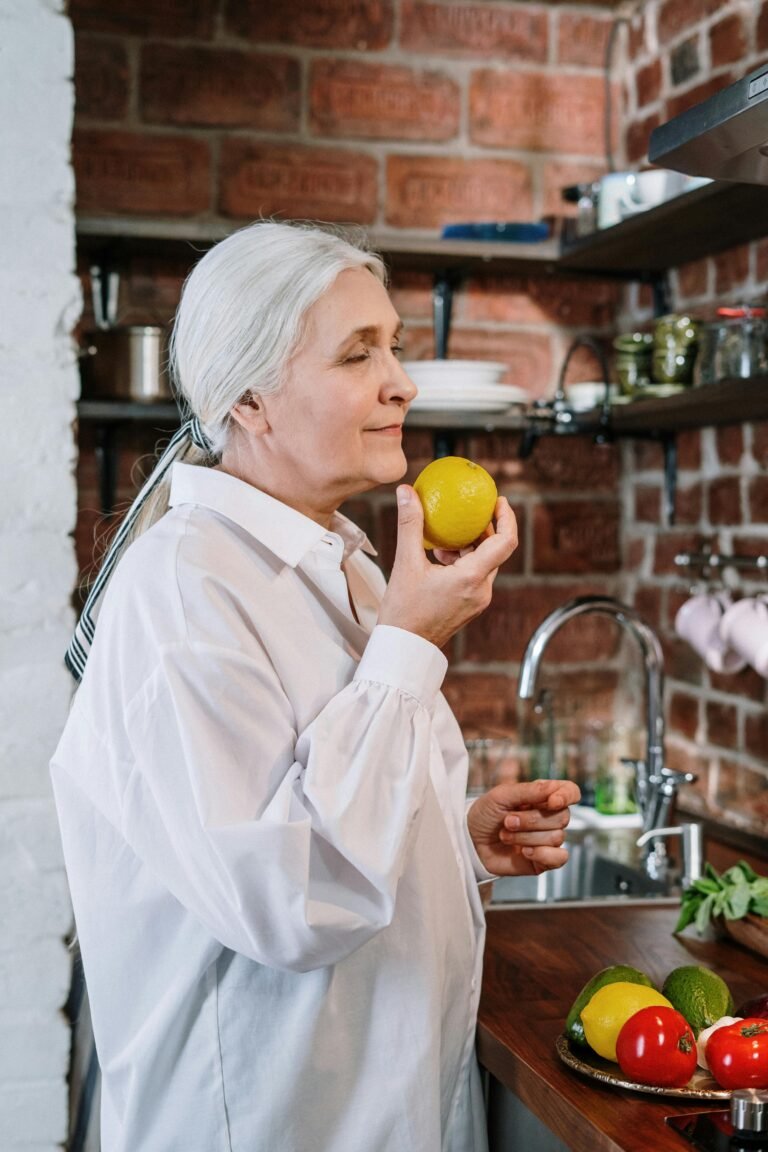The use of aromatherapy in pregnancy
More and more people are using aromatherapy and the demand has also increased from pregnant women. Can essential oils be used in pregnancy?

Aromatherapy is the use of aromatic essences and essential oils to achieve well-being or to intervene on pathological states. It is therefore a holistic practice that acts on a physical, mental and spiritual level.
Body treatment with essential oils has existed since at least 2000 BC. C., as attested by numerous historical sources. In some cultures, essential oils are used extensively for general well-being and healing purposes; however, in Italy, the use of aromatherapy at a therapeutic level is not currently regulated.
In recent years, numerous studies have been carried out internationally to evaluate the efficacy and safety profile of aromatherapy. There is, in fact, an ever-increasing interest in integrating the natural approach into clinical practice, especially for those situations in which, as happens in pregnancy, an attempt is made to treat common symptoms with products that are as safe as possible for the fetus. and the pregnant woman.
Essential oils in pregnancy, yes or no?
During the gestational period, many women resort to the use of complementary medicines . The remedies most often used are vitamin and mineral supplements and aromatherapy, in fact.
The most common applications of essential oils in pregnancy and in gynecology are massage , bathing and inhalation .
Essential oils are very concentrated substances and act very differently from each other, therefore they should not be used lightly and should not be abounded.
There are essential oils that are contraindicated in pregnancy ; some of them, including mugwort, wormwood and salvia officinalis, are even abortive, so absolutely to be avoided .
There are others, however, that taken in the appropriate doses and ways can help relieve some of the most common ailments in pregnancy and in the pre and post partum period : anxiety, pain, nausea and vomiting, for example.
The most used essential oils during pregnancy, in popular tradition, are lemon essential oil and lavender essential oil . It is very important to always choose high quality aromatherapy products , paying attention to counterfeits, just as it is essential to avoid “do it yourself”.
When it comes to natural therapies we must never forget that natural is not synonymous with risk-free and side effects free ; before taking essential oils during pregnancy, it is therefore advisable to seek the advice of your doctor or the reference midwife .
Read also Natural products for pregnancy >>
Aromatherapy in pregnancy, what does medical science say?
Let’s start from an assumption: it is very complex to evaluate the effectiveness of aromatherapy with the classic methods of clinical studies, above all because they are products characterized by odors and perfumes, often taken by inhalation , which make the use with the method very complex. blinded or randomized to placebo.
Studies conducted on the treatment of symptoms such as anxiety, nausea, vomiting and pain in pregnancy or childbirth often have several limitations and the results are not always satisfactory .
One of the symptoms most often tried to treat with aromatherapy is nausea, accompanied by vomiting, which afflicts a very large number of pregnant women. In a study titled The effect of lemon inhalation aromatherapy on nausea and vomiting of pregnancy: a double-blinded, randomized, controlled clinical trial , a statistically significant improvement in symptoms of nausea and vomiting was observed in women who had inhaled lemon essential oil compared with to the control group.
According to the results of some studies conducted in the last ten years, lavender essential oil would be able to relieve the anxious states and tensions typical of pregnancy and also the pain due to the episiotomy .
The review Efficacy of essential oils in clinical trials in obstetrics and gynecology. Literature review contains an interesting summary of the studies carried out in recent years (up to 2016) on the subject.





























+ There are no comments
Add yours